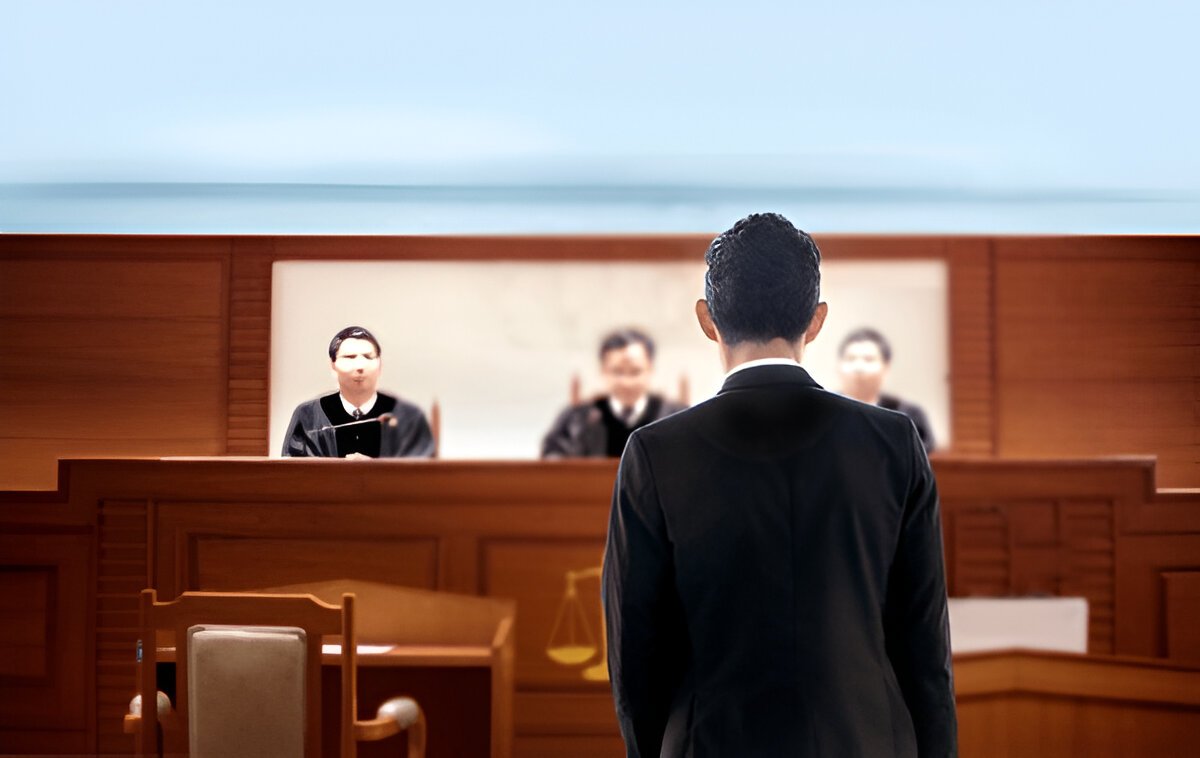The Bench Comprising Justice Vikram Nath and Justice Sanjay Karol
Introduction
The Supreme Court of India reinstated the conviction, where a minor was raped in 1986. It criticized the Rajasthan High Court for acquitting the accused solely due to the victim’s silence during cross-examination. The Court ruled that a traumatized child’s silence cannot favor the accused when medical and circumstantial evidence supports conviction, sentencing him to 7 years under Section 376 IPC.
- Section 376 IPC(Now Section 64 Of BNS) – Punishment for rape, which includes life imprisonment or up to 10 years imprisonment.
- Section 228A IPC (Now Section 72,73 of BNS) – Prohibits disclosure of rape victims' identities in judgments and public records.
- Indian Evidence Act, 1872
- Section 114-A(Now Section 120 of BSA): Presumption in favor of the victim in cases of sexual assault.
- Section 118(Now Section 124 of BSA: Competency of a child witness.
Facts of the Case
The incident occurred in 1986, where the accused was charged with raping a minor girl. The Trial Court convicted the accused based on medical, circumstantial, and other evidence, sentencing him under Section 376 IPC. The Rajasthan High Court overturned the conviction on the sole ground that the child victim remained silent and only shed tears during cross-examination. The State of Rajasthan challenged the High Court’s decision, leading to a Supreme Court review in 2025.
Issues Before the Court
- Whether the silence and tears of a child victim during cross-examination can be used to acquit an accused in a rape case?
- Whether a conviction under Section 376 IPC can stand in the absence of the direct testimony of the prosecutrix, relying solely on medical and circumstantial evidence?
- Whether the Rajasthan High Court erred in setting aside the conviction based on a narrow interpretation of evidence?
Contentions of the Petitioner
The victim’s silence was a result of psychological trauma, which is common in cases of child sexual abuse. The trial correctly convicted court the accused based on other supporting evidence. Even in the absence of a direct oral testimony, the medical reports and other evidence sufficiently proved the accused’s guilt. The Supreme Court, in State of Maharashtra v. Bandu alias Daulat, held that even when a victim is unable to testify, other corroborative evidence can justify conviction. The High Court wrongly ignored the trauma of the child and misapplied the principle of benefit of doubt.
Contentions of the Respondent
Since the victim did not testify against him, the prosecution failed to prove its case beyond a reasonable doubt. The High Court correctly applied the benefit of doubt principle in the absence of a direct statement from the victim. In most cases, prosecutrix testimony plays a key role in proving rape charges, and without it, the conviction should not stand.
Court’s Analysis & Observations
The Court held that a child victim's silence and tears should not be misinterpreted to favor the accused. Trauma affects the ability of a child to articulate their suffering, making it unreasonable to expect a clear testimony. The Court ruled that a conviction can be sustained even without direct testimony when medical and circumstantial evidence are sufficient. The High Court’s 6-page acquittal order was criticized for its narrow interpretation of legal principles. The Supreme Court held that the absence of testimony does not automatically weaken a prosecution case.
State of Maharashtra v. Bandu alias Daulat – Where the prosecutrix was deaf, dumb, and mentally retarded, yet the accused was convicted based on circumstantial evidence.
State of Madhya Pradesh v. Balveer Singh – Clarified that a child witness’s testimony must be scrutinized but not outright disregarded.
The Supreme Court also condemned the High Court for disclosing the name of the minor victim, violating Section 228A IPC, which protects rape victims’ identities.
Conclusion
The Supreme Court reinstated the trial court’s conviction and sentenced the accused to 7 years of rigorous imprisonment under Section 376 IPC.
The Rajasthan High Court's acquittal was overturned, as it had improperly disregarded crucial medical and circumstantial evidence.
The Court emphasized the need to protect child victims in legal proceedings and avoid misinterpreting their silence as evidence in favor of the accused.

